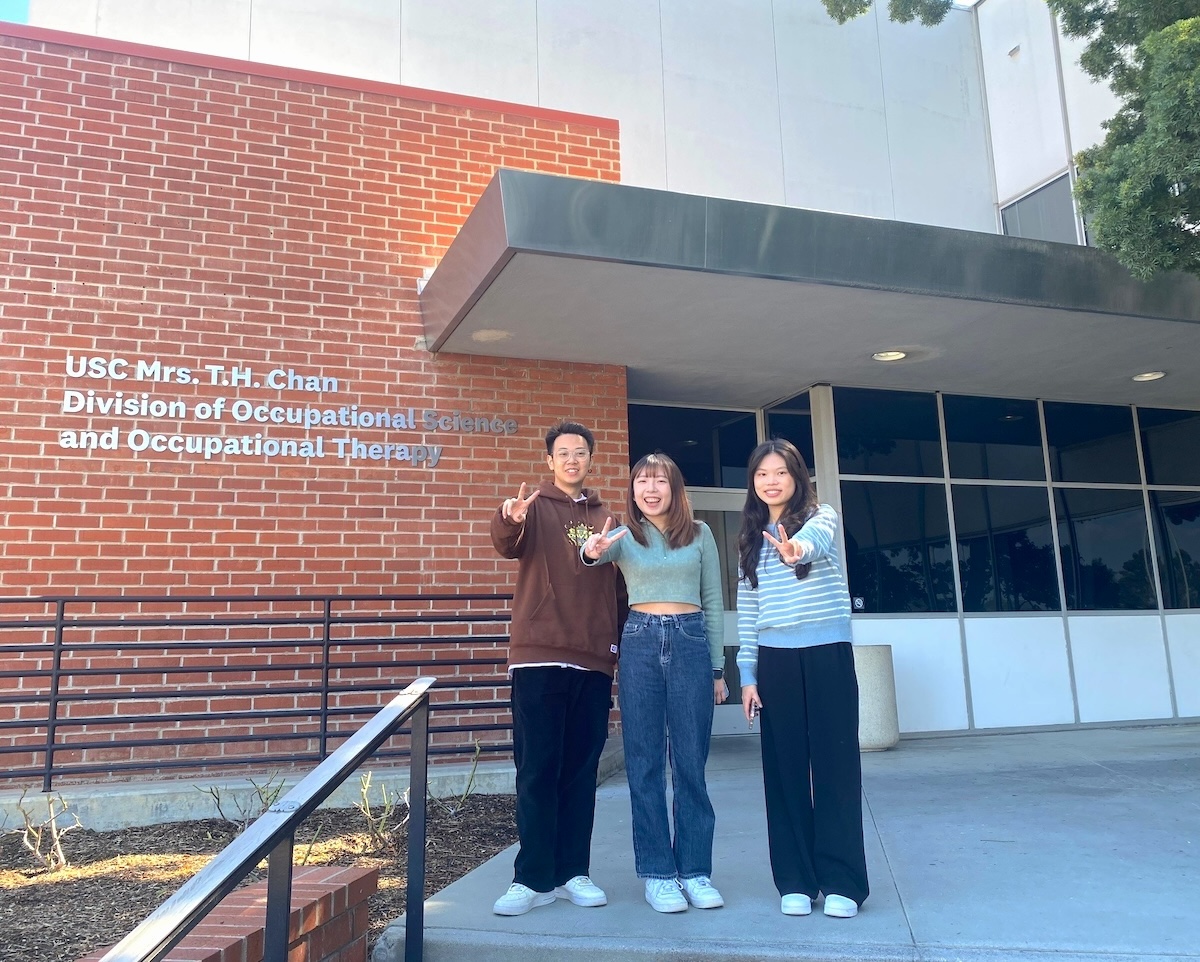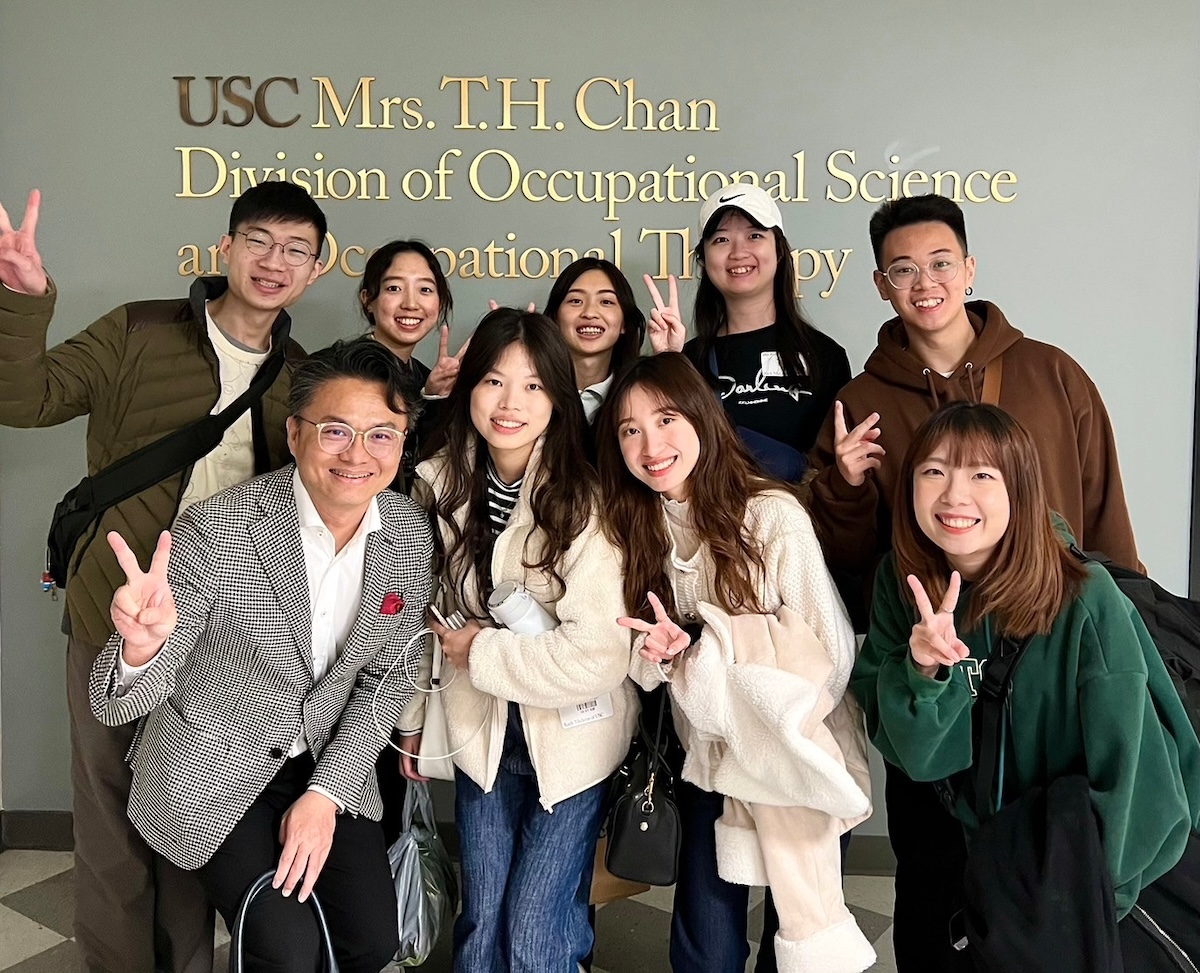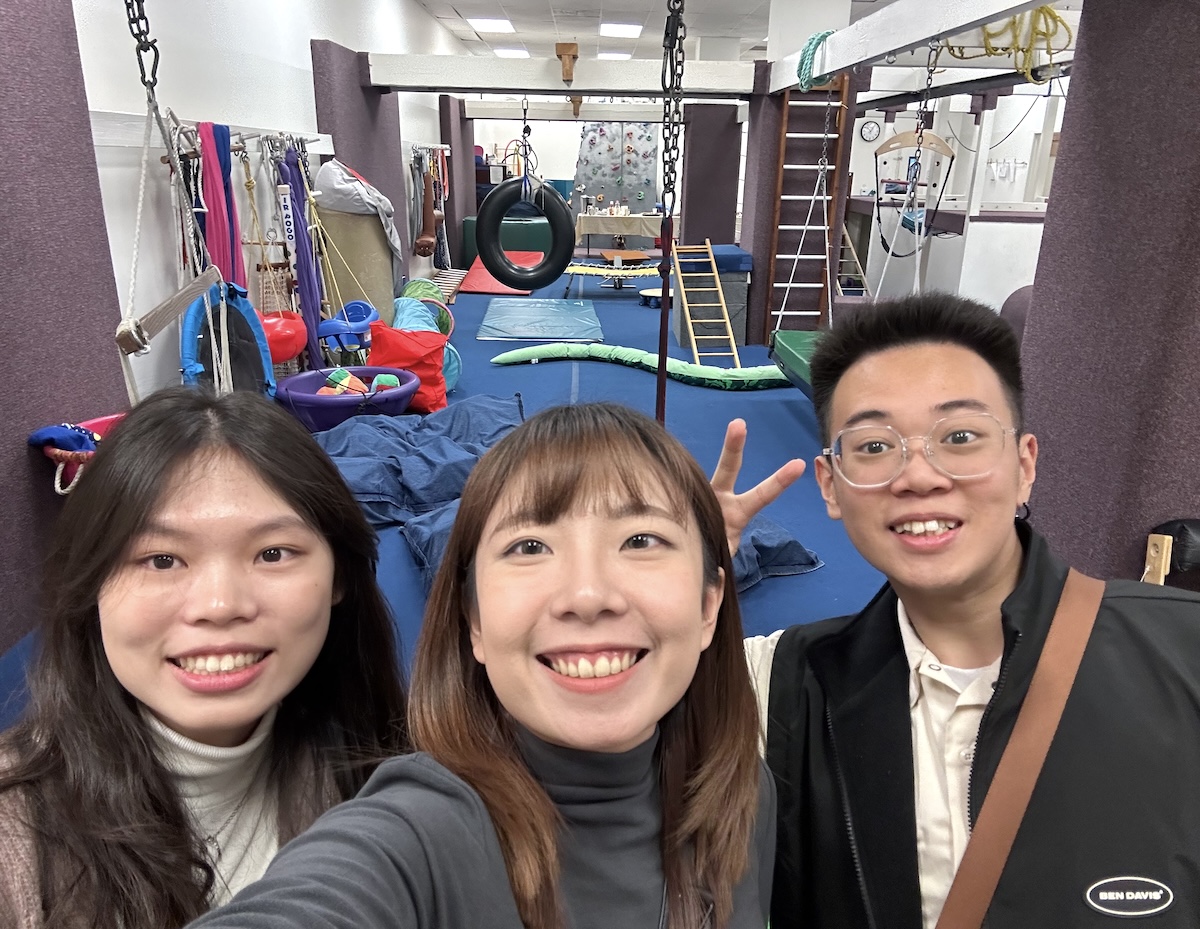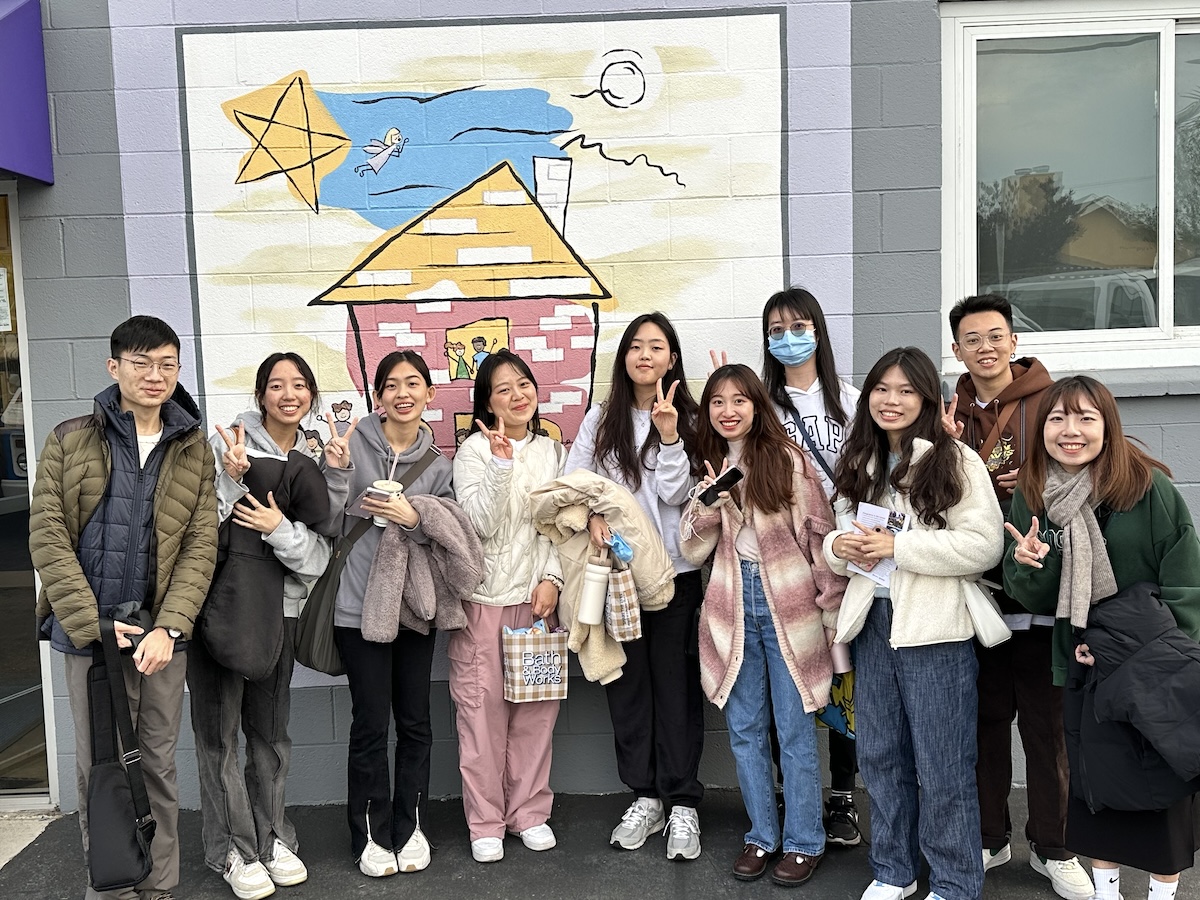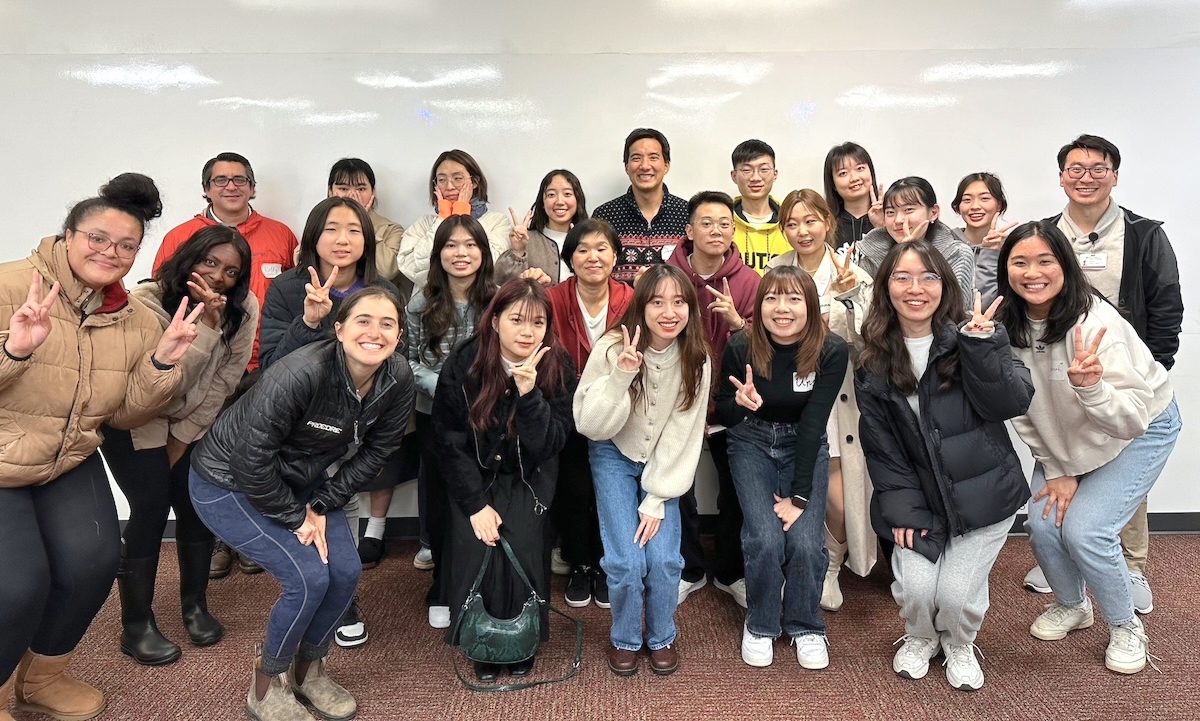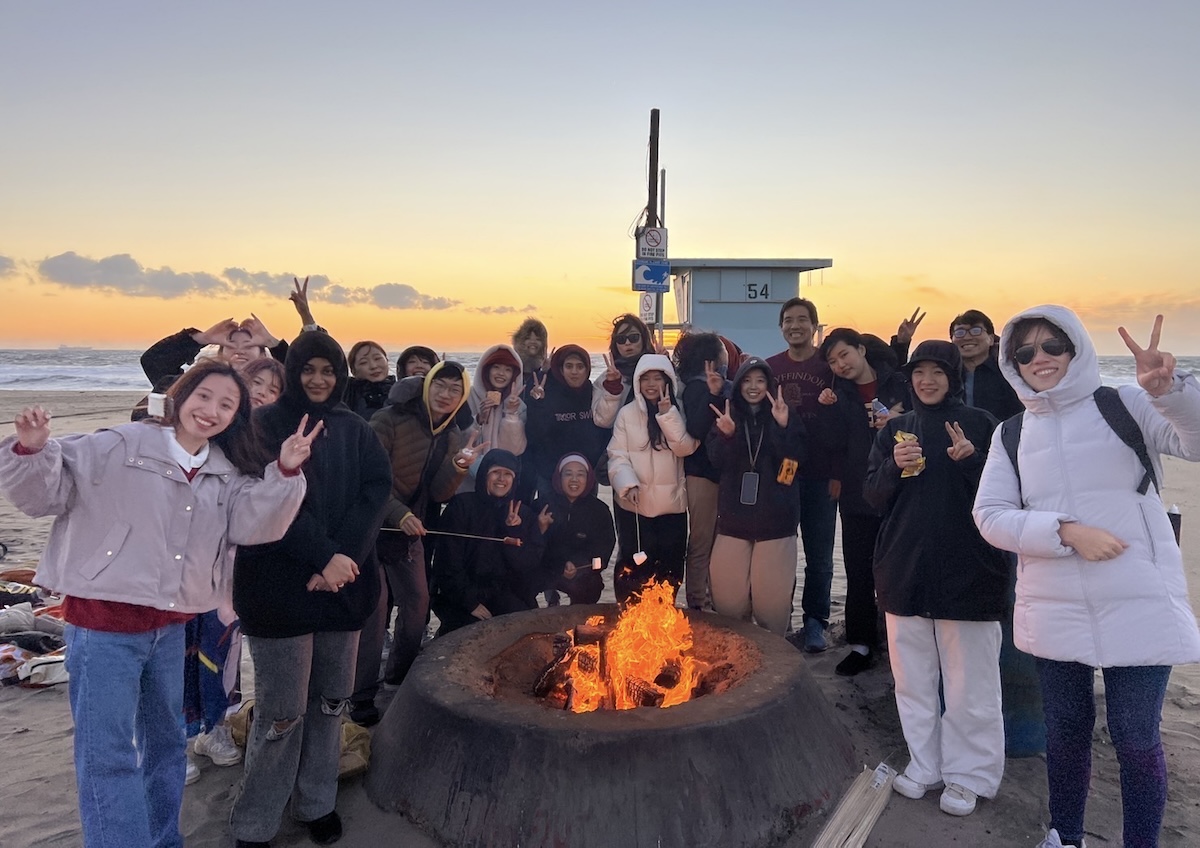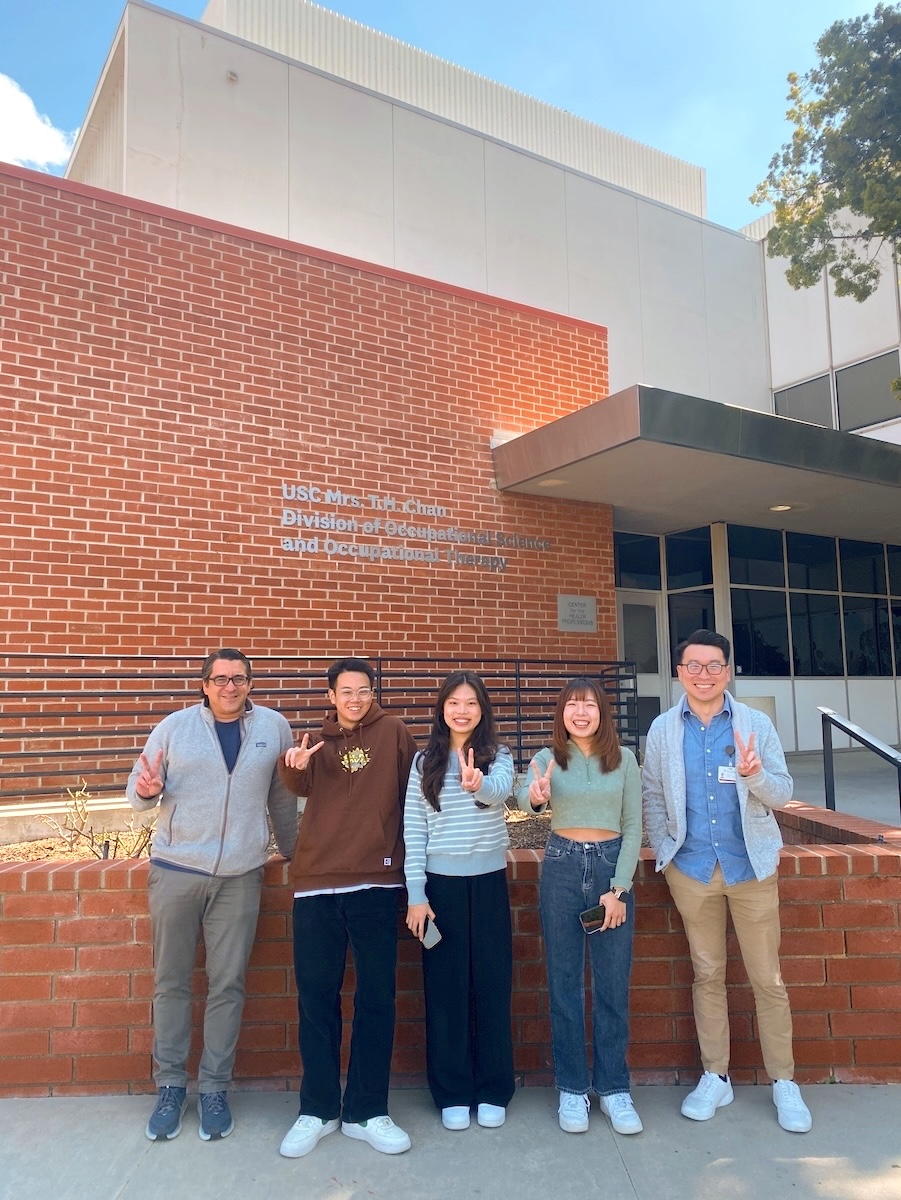Student Blog
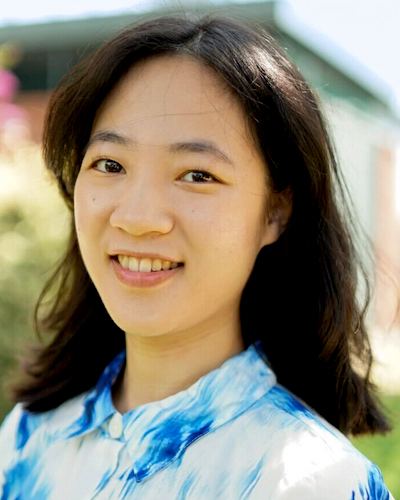
Academic Differences I Found and How I Adapted ⟩
March 26, 2024, by Cindy
As a practicing occupational therapist from Taiwan, I was worried about stepping into a master’s degree program in the US. I did not know what to expect and how to prepare for the context transition. Therefore, I would like to share some academic differences I experienced. I also want to share some strategies and resources that helped me.
Difference:
- Interactive classes vs. lecture-oriented classes: The classes I attended were mostly lectures during my undergrad. Now, I find most PPMA classes are designed to let us learn by interacting with classmates and instructors. There are often in-class discussions or practices. I enjoyed those discussions, and I learned so much through them. However, I still find myself hesitating to raise my hand to answer questions or share my thoughts during group discussions.
- Critical analysis rather than one answer: The learning objectives behind the assignments are usually not just memorizing knowledge. Most assignments or questions in my classes do not ask for single answers. I spent more effort elaborating on how and why I chose this approach and got to the conclusion. Some assignments we had were appraising research articles, designing a treatment plan, and analyzing an occupational injustice situation.
- Reading materials: One thing I find both enjoyable and challenging is the amount of reading. Most classes have plenty of reading materials to support our learning. Sometimes, we are required to read through some materials before class to better participate in class. I love learning about the analysis of research outcomes and newly formed theories from those readings. However, it usually takes me plenty of time to read the articles.
- Different dynamics between instructors and students: It took me the most time to adjust to new ways of interacting and communicating with our instructors. I find the relationship between instructors and students less hierarchical. It makes asking the instructors questions or asking for support easier for me. Regardless, it is still a struggle for me to call my instructors by their first names.
- International perspectives: My classmates came from different regions and countries with various cultural backgrounds and clinical experiences. We have many opportunities to learn from others and share our perspectives. For example, in the occupational science class, we often have rich discussions about occupational injustice because of our various experiences. Despite the conversations being fruitful, we spend more effort clarifying with each other about their perspectives due to our diverse backgrounds.
- Language: For me, English is my second language. Even though I met the English proficiency criteria, fully understanding lectures, participating in small talks, reading multiple articles, writing assignments, and expressing our thoughts in group discussions do not come to me naturally. However, it pushed me to learn and use English. Our English level advanced really quickly in this all-English environment.
Strategies and Resources:
- Notice the differences: Being aware of the differences has helped me adjust more effectively. Talking to classmates and knowing what they were experiencing helped me better identify the differences I felt. It also showed me I was not navigating through this new context alone.
- Review syllabi: I realized too late that I should utilize course syllabi! The instructors will introduce the courses with the syllabi at the beginning of every course. The syllabi list the weekly content of the classes and assignments and their due dates. With this information, I could mark the assignment due dates, presentation dates, and exam dates on my calendar. I could plan the study schedule accordingly, which made me feel less stressed.
- Review assignment instructions and rubrics: I highly recommend reading through the assignment instructions and rubrics fully before you start doing the assignments. I can find what I should focus on in the assignment from the instructions. I can also know the details I need to accomplish to meet the assignment expectations based on the grading rubrics. Knowing the instructions and grading rubrics has saved me from spending extra time figuring out the assignments and worrying about what score I would get.
- Division and university resources: There are various academic resources in the Chan Division and USC. In our division, the Global Initiatives Office provides academic support hours, writing workshops, and other resources to support international students. There is also after-hours support held by the pedagogy residents in our division. In addition, there are more academic resources at USC. My classmates and I often access resources through the Kortschak Center website. They provide a semester calendar that contains every week of the semester, major school events, and holidays on one page. It helped me plan out my schedule more efficiently.
- Reach out to your instructors: Asking instructors questions was a bit challenging for me since this is not something I am used to. However, I learned that the instructors are happy to help and discuss with me. I feel less stressed about communicating my needs and queries with them. I have gone to my instructors to discuss the readings, ask for assignment expectation clarification, and even guidance for what elective courses to choose.
It takes time and effort to adapt to a new environment. Everyone may have diverse experiences influenced by various factors, such as culture, being in an advanced-level degree program, language, roles, etc. Despite the uniqueness of everyone’s journey, resources are plentiful to support people’s needs. What helped me the most was learning to communicate with my instructors, utilize the resources in the division and at school, and share the challenges I face with my classmates so we can support each other. Here at USC Chan, you don’t need to walk alone!
⋯
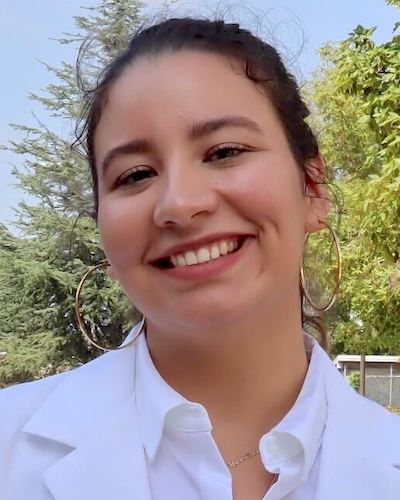
Come Learn About Scholarships!! ⟩
March 11, 2024, by Natalie
The price tag for attending USC Chan (or honestly, any graduate school program) can be a pretty large stressor. Don’t get me wrong, it pays to be at the top OT school in the nation, but that does not invalidate the stress that tuition can cause. Luckily, the faculty and staff understand this and there are scholarship opportunities for students, both within and outside of the Chan Division listed on the USC Chan website. Here are a few resources that are available to students and are definitely worth checking out:
USC Chan Internal scholarships: This is the link to the internal scholarships available from the Division. For prospective Entry-Level OTD students who are applying to USC Chan, these scholarships typically open around the same time the program application opens and for the largest scholarships, the applications is due at the same time as your program application. There are additional scholarships that you can also apply for in your second and third years of the program. To see the scholarships and the eligibility criteria for each one, select your program and year from the drop down list, select the scholarship you are interested in learning more about or applying for, and read all about it!
External Scholarships that USC Chan shares with students: this is a list of various scholarships that the Division put together in order to share with students. These are external to the Division, meaning students who are interested in applying for them should take a close look at the information available, ensure the information is still current, and apply according to the instructions listed for each one. I have noticed that the external scholarships seem to be more likely to require letters of recommendation than the internal scholarships. Just another great reason to try to make great connections to the faculty!
Financial Aid Office: The Financial Aid Office has their own website (specific to graduate level students at that) with a ton of useful information that students should keep themselves up to date with. Regularly checking this website will be useful to stay on top of different scholarships available to students as well as important information such as when FASFA is due. One of the tabs on this website leads students to be able to filter through scholarships
Scholarship Universe: This is an online tool that is available to students to see the many scholarships available to them. Students can filter through all of the scholarships listed to determine eligibility and easily keep track of the scholarships they are in the process of applying for or have applied for recently once they have signed into their account.
A couple of other notable scholarships directly associated with USC (thought not Chan) include the USC Norman Topping Student Aid Fund and the Town and Gown of USC Scholarship. Both scholarships are merit-based scholarships and they have so much aid available to distribute far and wide!
If all else fails, keep in mind that there are so many different scholarships available in so many different ways. I have learned about a ton of scholarships through social media. It is as simple as finding accounts whose target audience are students, or searching for posts that include “#scholarships”. Some scholarships are shared with students via emails from Chan faculty. There are scholarships available through AOTA that are OT-specific too! Keep an open mind to all the possible places you can use to look for scholarships and never be afraid to apply to as many as you possibly can. There is so much more money out there waiting to be awarded! Best of luck, please feel free to reach out to us at .(JavaScript must be enabled to view this email address) if you have any questions!
⋯
Too Fun To Go Back Home!!!! ⟩
March 4, 2024, by Global Initiatives Team
By Jenny Yi-Chen Lu, Una Yu-Chen Tsai, John Yuan-Zhen Zhang
Edited by Princesse De Rossignol, 2nd-year E-OTD Student, and Xiaorong Wang, 1st-year E-OTD Student
We are undergraduate OT students from Kaohsiung Medical University, Taiwan. We’re here at USC for a five week exchange program to get to know more about OT and observe how they treat their patients clinically in America. During these five weeks, besides joining the class, we also had such a great time hanging out with the students here and those from Korea.
During this one month, we had some lessons, such as, motor control, sensory integration, Lifestyle Redesign® and more. Among all the lessons, the most impressive thing for us is the way professors teach and the students interact. Specifically, during the motor control class, the professor invited the stroke patients as a demo. During the class, the professors showed students how to stretch the tight muscles. That is a totally new experience for us to learn. On the other hand, most of the students are so active in asking questions and doing group discussion in the classes. Compared to here, the way we have our classes in Taiwan is more lecture-based. Honestly, most of the things that happen here help us expand our vision.
We also did some site visits and learned many different approaches to make the clients feel better and achieve their well-being. Some examples are hippotherapy and animal assisted therapy in Children’s Ranch, and the PECK model in Kensington Sierra Madre. After these visits, we got to know how the therapist here actually treats their patient with “occupation-based” ways. We appreciate this special opportunity we have, because during this month, we have seen the difference between the US and what we do in Taiwan in clinical practice. We believe that we still have a lot of room for improvement in how we can provide service to our clients.
Beside attending classes and site visits, we also participate in lots of social events with USC students and the Korean visitors. We had so much fun at the welcome party, chatting with each other and having delicious food. Thanks to the Global Initiatives team, we had the chance to walk around in Old Town Pasadena. We visited the ice cream shop there, and looked at the American style shops, creating unforgettable memories together.
At the end of the visit, we had our goodbye party on the beach. It was really cool to set up a camping fire on the beach, and we also had our first ever s’mores in life. We enjoyed a cozy and relaxing atmosphere by the seashore and took lots of photos with friends before we part ways. It is the most amazing experience that we have ever had.
Overall, the exchange program has allowed us to expand our global vision about occupational therapy and experience so many great things, including new friendships and amazing views in California. We have learned the differences between what OTs do in their countries internationally and these make us start to think about how to improve the medical environment in Taiwan to be more “occupational”.
⋯
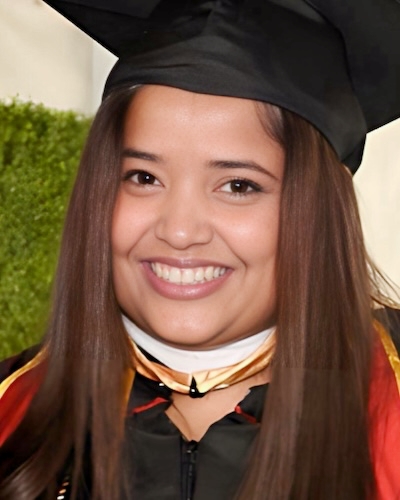
Pedagogy and Passion ⟩
February 27, 2024, by Sheryl
I remember my nerves as I stood in front of a class full of eager and unfamiliar faces for the first time as a pedagogy resident to present a portion of the class that I had enthusiastically signed up for. The topic, ironically, was explaining the Zones of Regulation which is a social-emotional learning curriculum using coloured zones to represent feelings or emotions like blue for feelings of sadness or boredom, green for happiness, calm and pride and red for terrified, panic or elation etc. Oh boy was I feeling RED!
As I began explaining the topic, adding my stories and experiences from working as an OT back in India and solving the case study with the class, I felt comfortable and at ease. I felt myself moving to another coloured zone. After my bit, I remember my preceptor gleamingly saying ‘You look as though you belong there, the students love you and find you very relatable’. Looking back now, I think that I was in the green zone. As I delve into my experiences, reflections, and the invaluable lessons I’ve learned along the way as a pedagogy resident here at Chan, my inner child is ecstatic and so grateful.
My mum, who has been a teacher for her whole life, often says that teaching is in my blood and takes full credit for this. There’s a profound truth to what she says because growing up in an environment where education was not just a profession but a way of life, I couldn’t help but be inspired by the passion, dedication, and unwavering commitment to nurturing young minds. While she may take full credit for this, her influence on me transcends mere conscious awareness — it’s a deeply ingrained part of who I am and how I perceive the world.
From the earliest days of my childhood, I was surrounded by the echoes of her and her teacher friends’ classroom tales. Through her actions, she taught me the value of patience, empathy, and resilience — qualities that are indispensable for anyone aspiring to become an educator. Yet, it wasn’t just her overt acts of teaching or the very strong influences of my own teachers that left an impression on me; it was the subtle nuances, the everyday interactions, and the unspoken lessons that shaped my understanding of what it means to inspire and empower others.
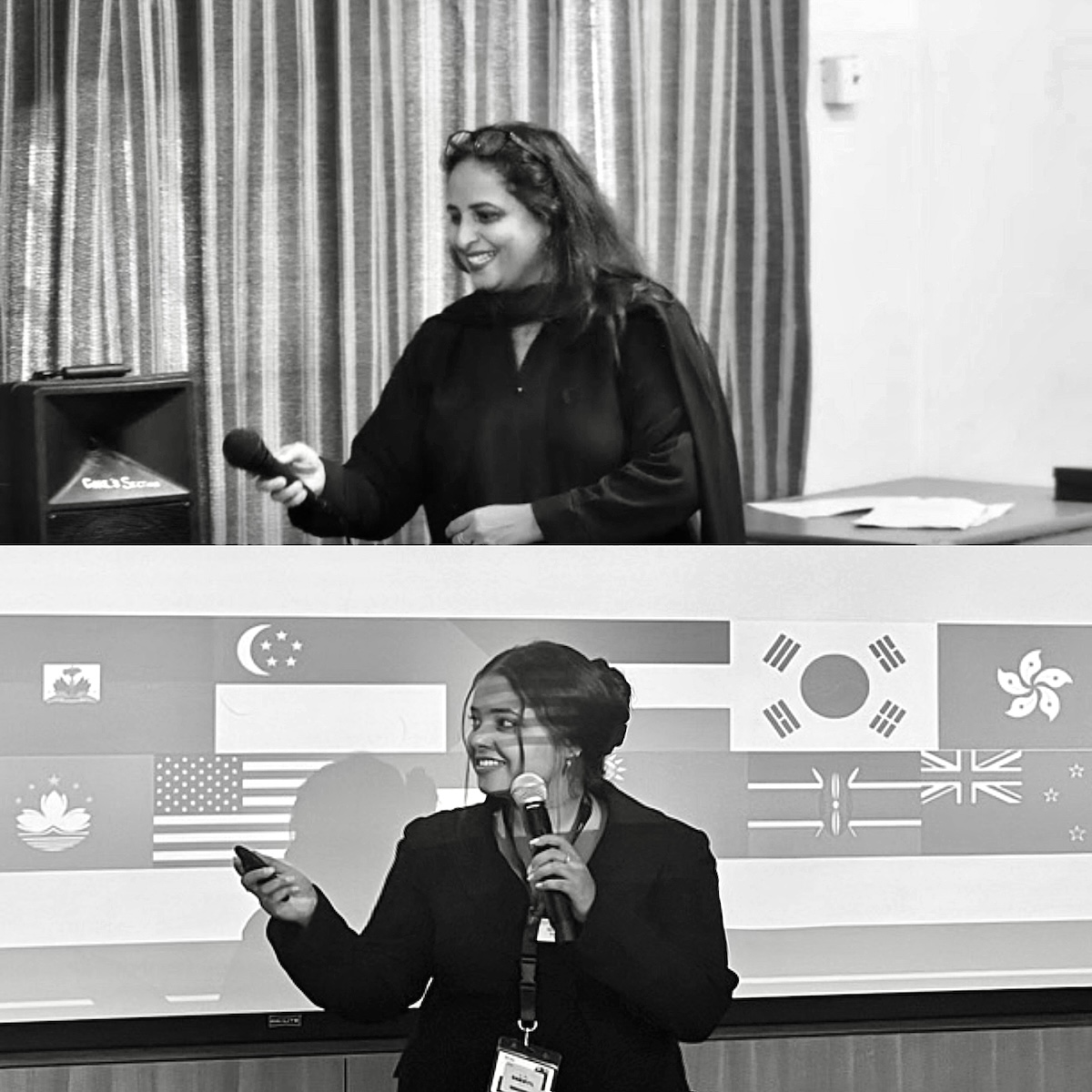
Pictured here: My mom and I in our elements, photographed 10 years apart.
From the outset, my residency at USC Chan was driven by this deep-seated passion for education and academia. I firmly believe that teaching is not merely a profession but a calling — a conduit through which we empower others to realize their full potential. At USC Chan, this ethos is palpable, permeating every aspect of the division’s pedagogical approach. One of the most striking aspects of my residency was the emphasis on collaborative learning where educators, students, and practitioners converge to exchange ideas, challenge assumptions, and co-create innovative teaching methodologies. Whether through faculty meetings, seminars, my faculty mentors, or small group discussions, I found myself constantly enriched by the collective wisdom of my peers.
Throughout my residency, I was challenged to reflect on my teaching methodologies, solicit feedback from students and teaching teams, and iterate upon my approaches in pursuit of continuous improvement. In doing so, I not only refined my pedagogical techniques but also deepened my understanding of the transformative power of education. I had a newfound appreciation and regard for the subtlety of labor that goes into curriculum development, classroom management and lectures.
I am filled with gratitude for the myriad experiences, challenges, and insights that have shaped my growth as an educator. From collaborative learning environments to inclusive pedagogical practices, from experiential learning opportunities to reflective practice, from nerves to knowledge, each facet of my residency continues to leave an indelible mark on my professional journey. I continue to embrace the lessons learned and nurture the belief that education, like occupation, is not merely a means to an end but a quest of discovery, empowerment, and transformation.
⋯

Lunar New Year Away from Home ⟩
February 26, 2024, by Cindy
Speaking of the New Year, the first thing that came to my mind is not January first but the Lunar New Year. It is not the end of the Christmas break, but the holiday week takes place roughly at the end of January and the start of February. This year, the Lunar New Year is a time for reconstructing meaningful rituals.
I came from a not-so-traditional Taiwanese household. I did not go to temples to ask for blessings for my family in the coming year and watch the dragon and lion dances. I did not set off firecrackers with my family at midnight. On Lunar New Year’s Eve, I did not have a traditional Lunar New Year dinner, a feast of numerous dishes that have meanings and blessings. I did not need to visit my mother’s family strictly on the second day of the Lunar New Year. I did not have so many relatives and friends of our family that we needed to visit and wish them a happy new year with witty haikus to get red envelopes.
Although my Lunar New Year celebration does not have all the Chinese and Taiwanese customs, I have always spent this time with my parents and brother. Always. We would have a hotpot as our Lunar New Year dinner at my grandma’s place. We would play mahjong (麻將) while watching the Lunar New Year gala on TV. We would complain about listening to Lunar New Year songs on repeat everywhere we go. We would go camping, go to the movies, go hiking, etc. It was a week when we were all home and spent this blissful time together.
I have never realized the meaning of the Lunar New Year in my life until this year. I am not in Taiwan with my family anymore. As I approached February tenth, the grief of loss started lurking in. I kept searching for the scenes I used to overlook: red lanterns and spring couplets at every door, random firecrackers in the middle of the night, people cleaning their windows in the yard, old furniture sitting in the lobby of the building waiting to be picked up by recycling trucks, and candies stacked in plastic boxes on sale at hypermarkets. I miss the smiles on people’s faces when they greet each other with “新年快樂 (Happy New Year)” and “恭喜發財 (Wish you prosperity and wealth).” Happiness flowed through every corner. The atmosphere is radiating red and gold. It was so joyous that the time paused and celebrated with us.
My tears sat with me, recalling those memories in the peaceful atmosphere of LA. The atmosphere was so quiet, as if time disappeared. At that moment, I realized the significance of the Lunar New Year in my life. I knew I needed to celebrate the Lunar New Year in new but meaningful ways.
On the day before New Year’s Eve, the Global Initiatives Office celebrated the Lunar New Year just like they would celebrate festivals from different cultures. The Global Initiatives Office prepared tangyuan (湯圓), oranges, and red envelopes. In addition, all my Taiwanese classmates came to our house and had the Lunar New Year dinner that night. We ordered soup base, sliced meat, meatballs, and vegetables online to make a hotpot. Everyone brought Taiwanese cuisine to share: candied fruit, rice wine drunken chicken, and Taiwanese cookies. We cooked the hotpot and ate at the same table. We shared all the interesting clinical experiences we had. We played mahjong on our phones. We ate together, laughed together, and missed our Lunar New Year rituals together. When I said goodbye to everyone at 12:30am, I thought with a big smile: “This feels like Lunar New Year.”
I learned that celebrating festivals is an integral part of my identity. Those festivals are my culture, values, and how I measure a year. In addition, the festival celebrations in my life are memories that shaped me, representation of social connections, and a part of my life narrative. I am so glad that in Los Angeles, at USC Chan, it is not hard to find people with the same cultural background as mine. I am also grateful that the Chan division put in so much effort to celebrate festivals valued by different groups of people. Celebrating our festivals gives us a chance to be seen and accepted. In this new year, I can try to maintain and reconstruct my festival celebration rituals and make them as meaningful as I have enjoyed them.
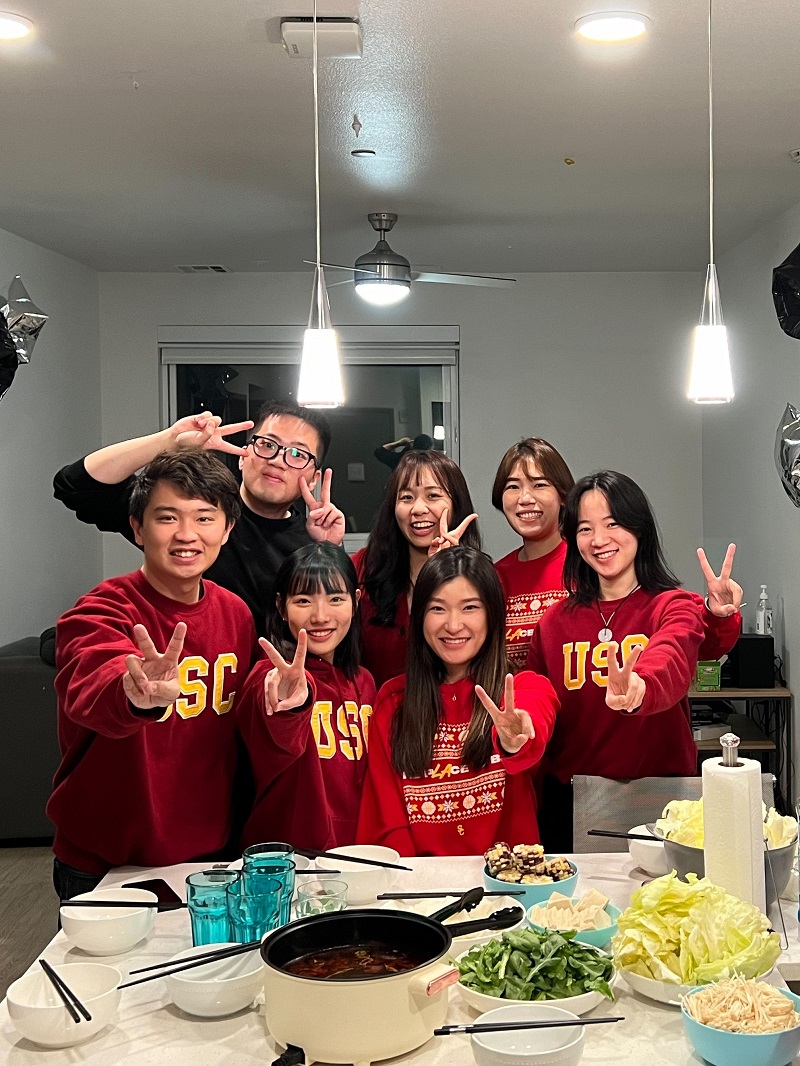
My Taiwanese classmates and me having a hotpot
⋯






